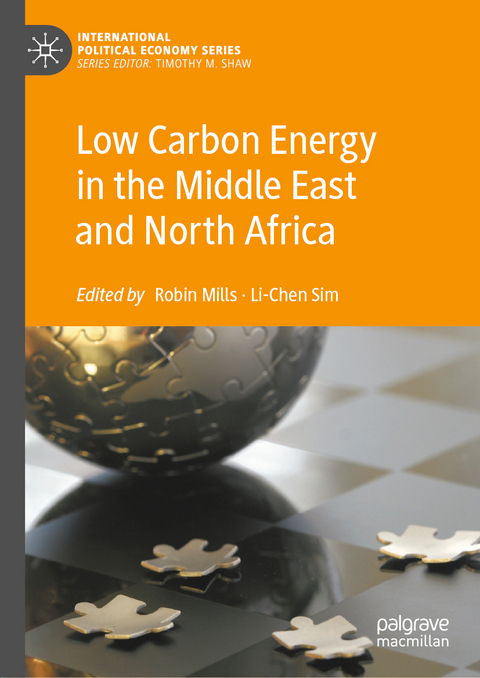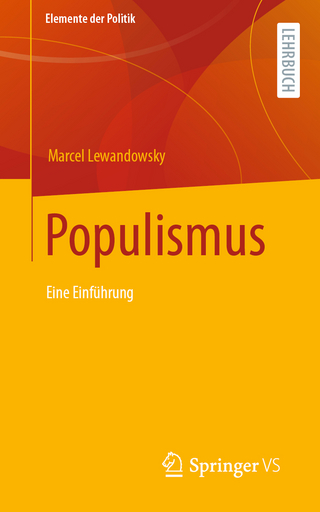
Low Carbon Energy in the Middle East and North Africa
Springer International Publishing (Verlag)
978-3-030-59553-1 (ISBN)
lt;p>Robin Mills is Fellow at the Columbia University Center on Global Energy Policy and author of two books, The Myth of the Oil Crisis and Capturing Carbon.
Li-Chen Sim is Assistant Professor at Khalifa University of Science and Technology in the United Arab Emirates. Her most recent books are The Rise & Fall of Privatization in the Russian Oil Industry and External Powers and the Gulf Monarchies.
Chapter 1. Low Carbon Energy in the Middle East and North Africa: Panacea or Placebo?.- Chapter 2. The Politics of Low Carbon Energy in Iran and Iraq.- Chapter 3. Pairing Coal with Solar: The UAE's Fragmented Electricity Policy.- Chapter 4. The Rise of Renewables in the Gulf States: Is the 'Rentier Effect' Still Holding Back the Energy Transition?.- Chapter 5. From Fuel-poor to Radiant: Morocco's energy geopolitics and renewable energy strategy.- Chapter 6. Byzantine Energy Politics: The Complex Tale of Low Carbon Energy in Turkey.- Chapter 7. Electricity Sector Developments in Egypt: Toward an Increasingly Clean and Independent Future.- Chapter 8. Levant: When Politics defeat Alternative Energy Disruptions.- Chapter 9. Governance amidst the transition to renewable energy in the Middle East and North Africa.- Chapter 10. Powering the Middle East and North Africa with Nuclear Energy: Stakeholders and Technopolitics.- Chapter 11. Climate change policy in the Arab region.
| Erscheinungsdatum | 03.02.2021 |
|---|---|
| Reihe/Serie | International Political Economy Series |
| Zusatzinfo | XXI, 340 p. 23 illus., 11 illus. in color. |
| Verlagsort | Cham |
| Sprache | englisch |
| Maße | 148 x 210 mm |
| Gewicht | 601 g |
| Themenwelt | Sozialwissenschaften ► Politik / Verwaltung ► Vergleichende Politikwissenschaften |
| Wirtschaft ► Volkswirtschaftslehre ► Wirtschaftspolitik | |
| Schlagworte | Alternative Energy • Clean Energy • climate change • MENA • Middle East • North Africa • Renewables |
| ISBN-10 | 3-030-59553-6 / 3030595536 |
| ISBN-13 | 978-3-030-59553-1 / 9783030595531 |
| Zustand | Neuware |
| Haben Sie eine Frage zum Produkt? |
aus dem Bereich


